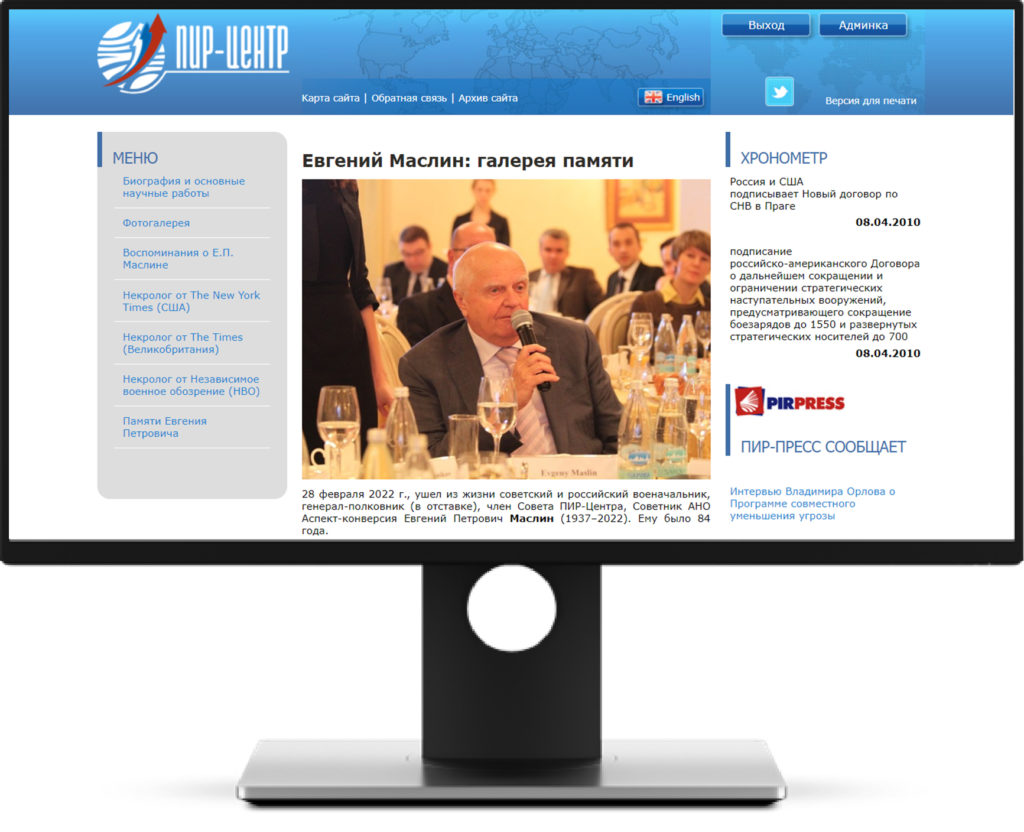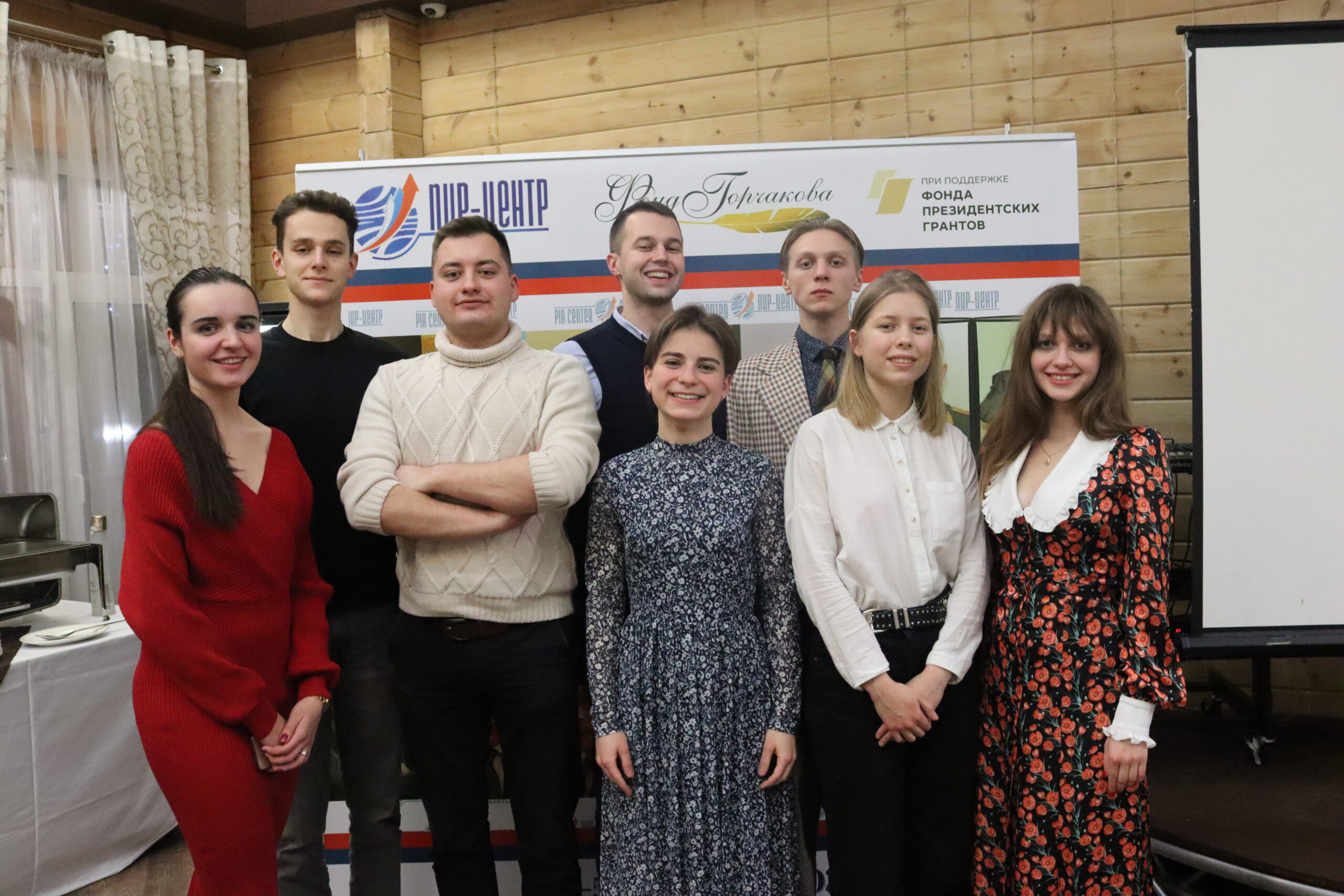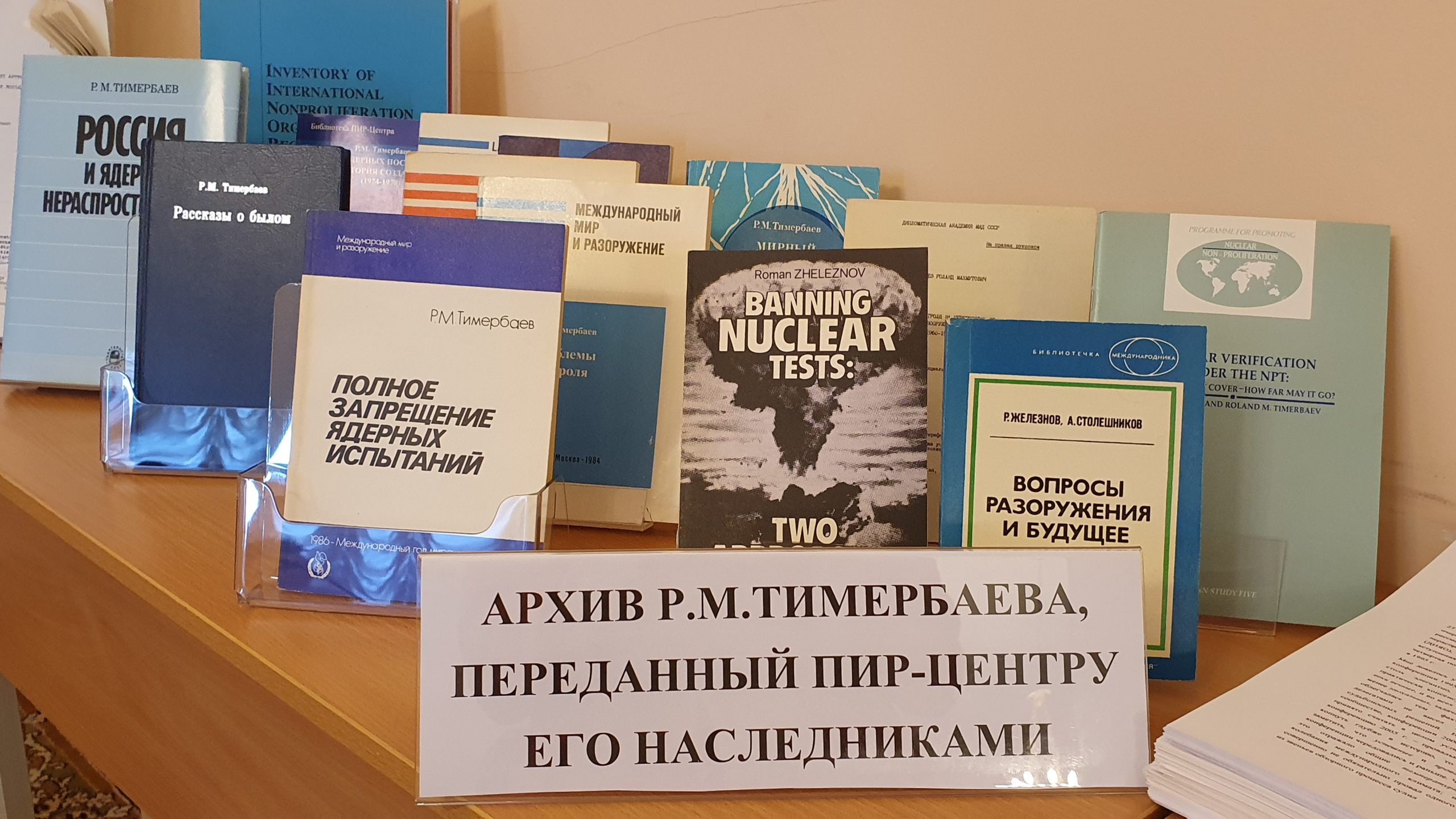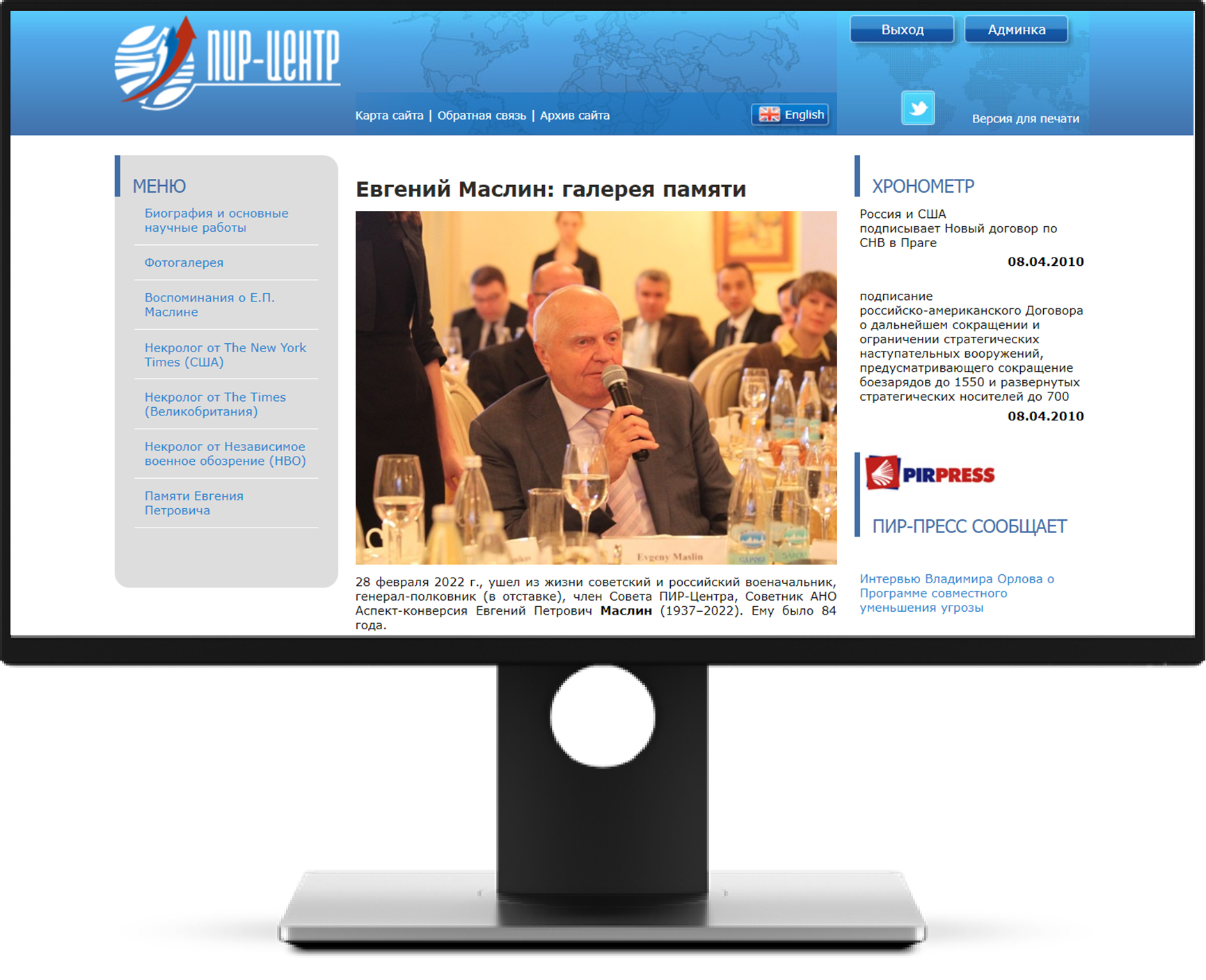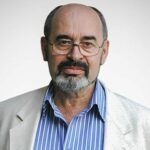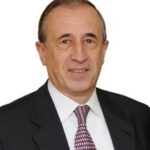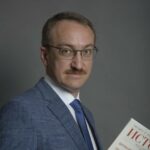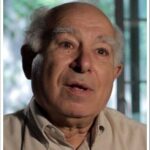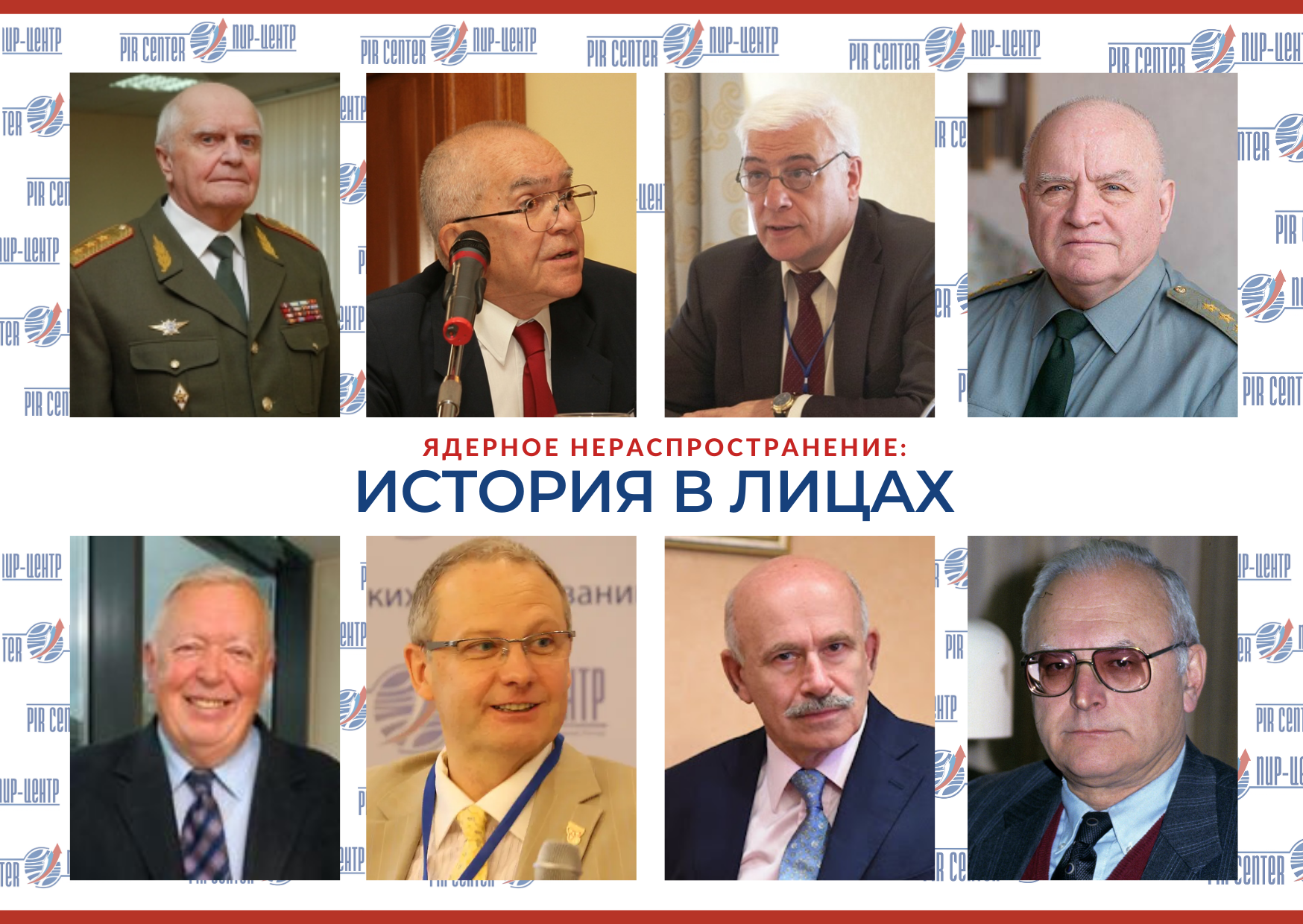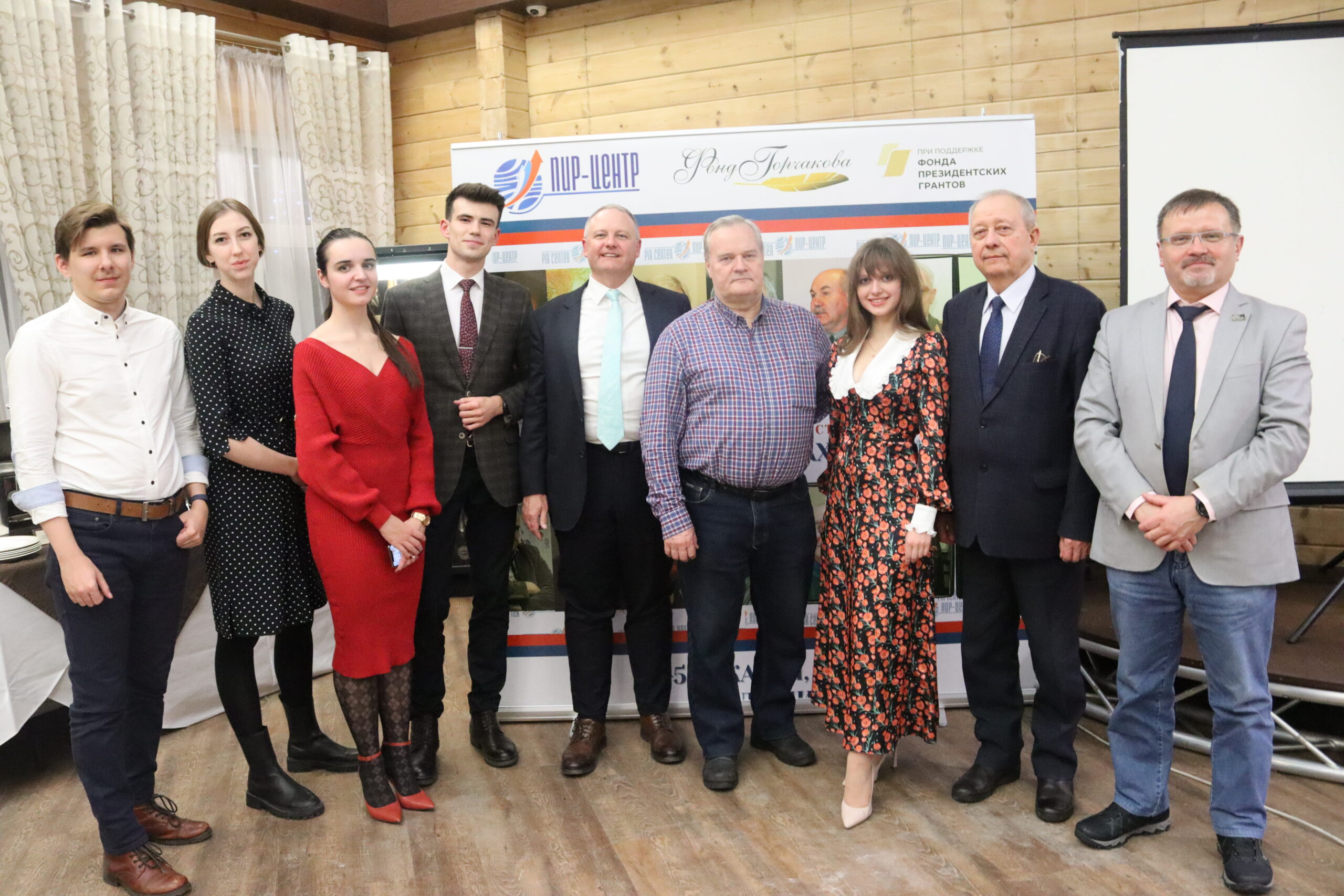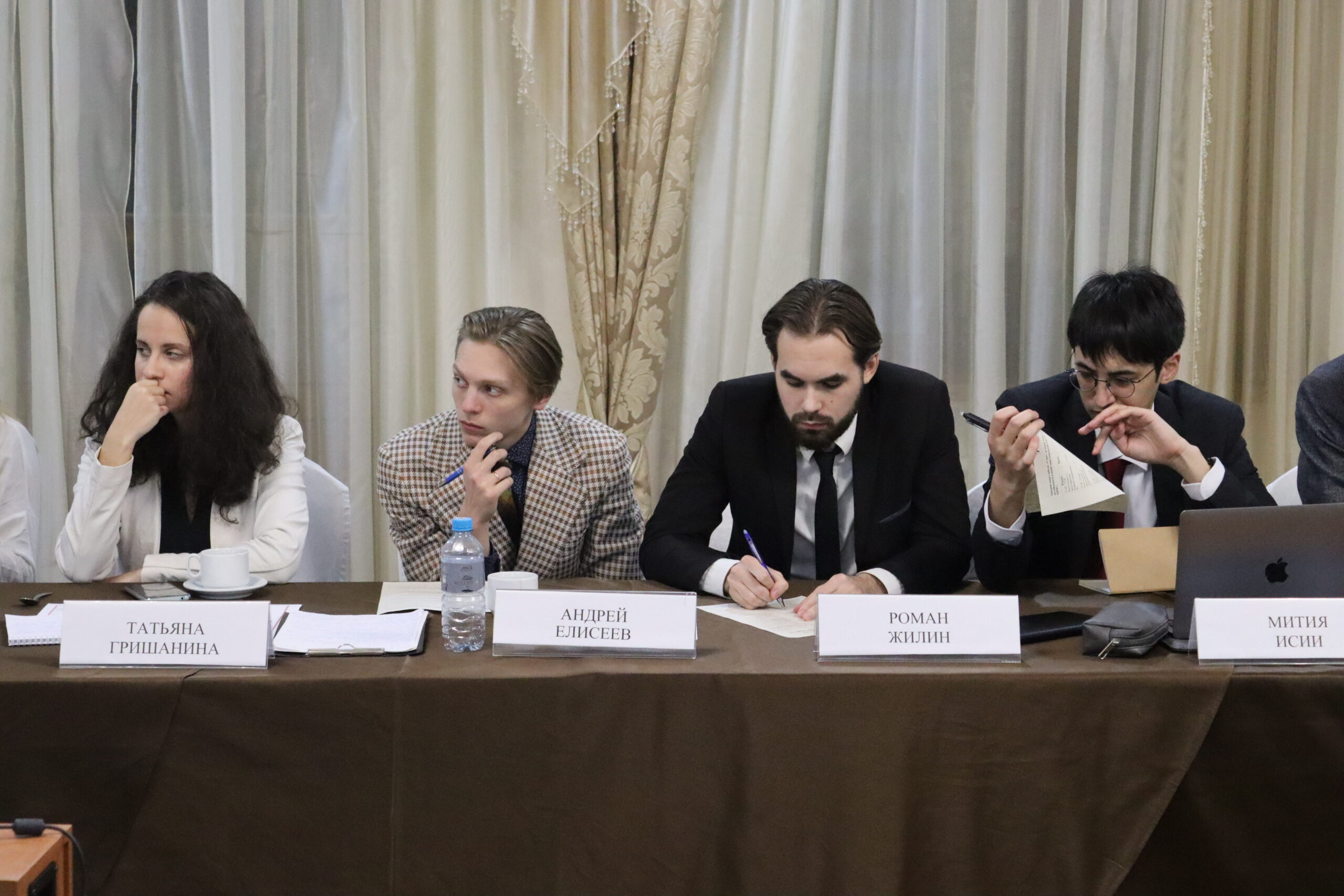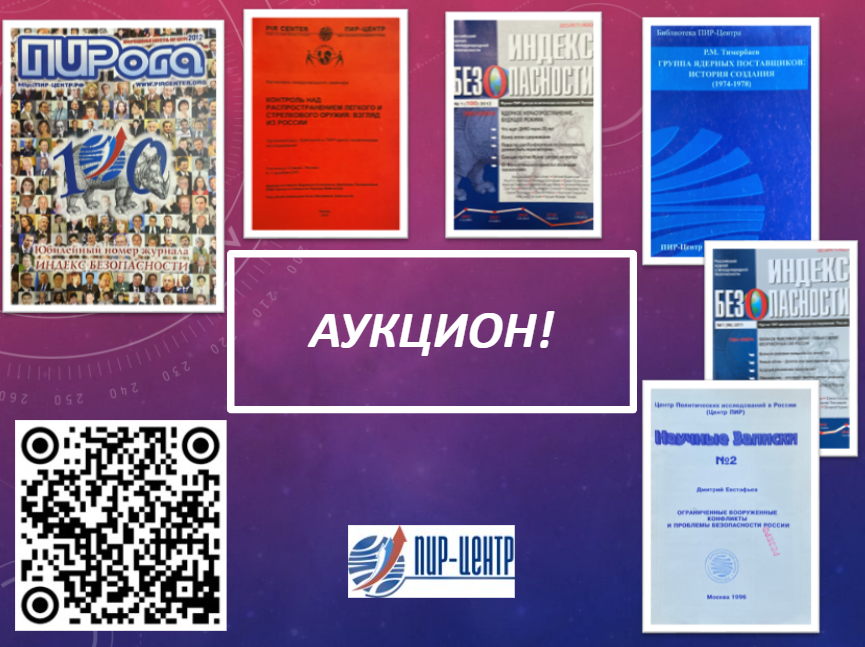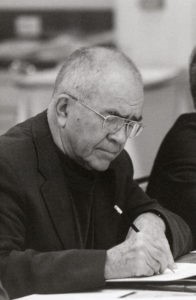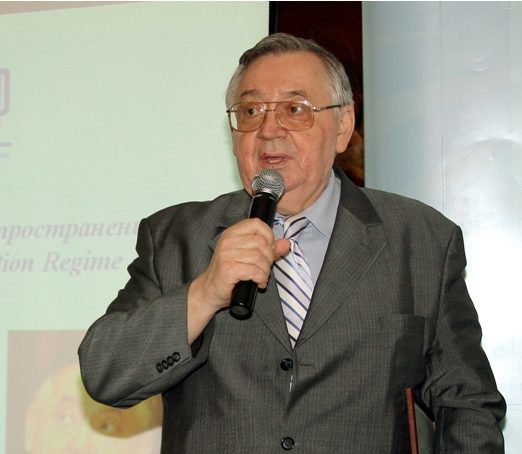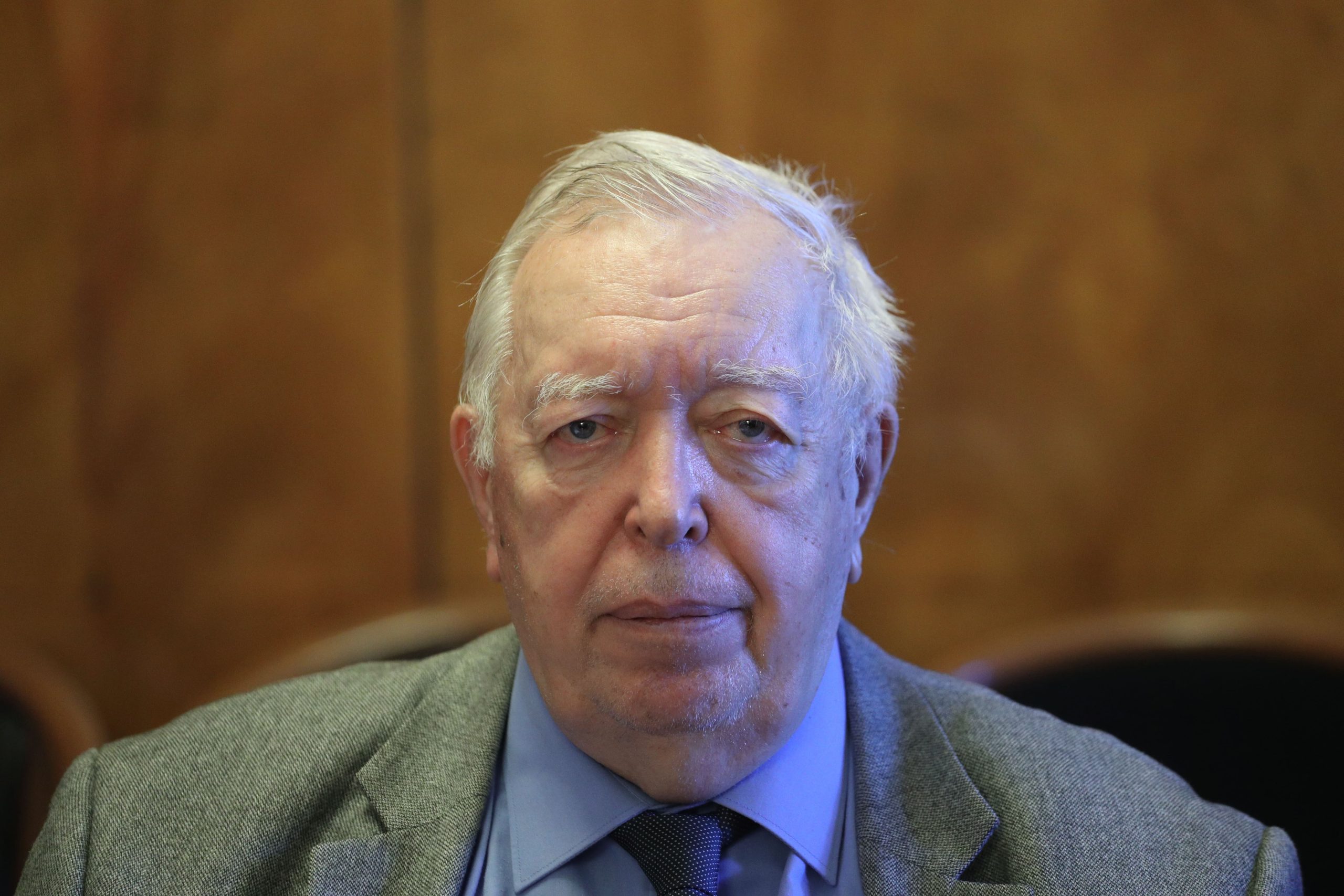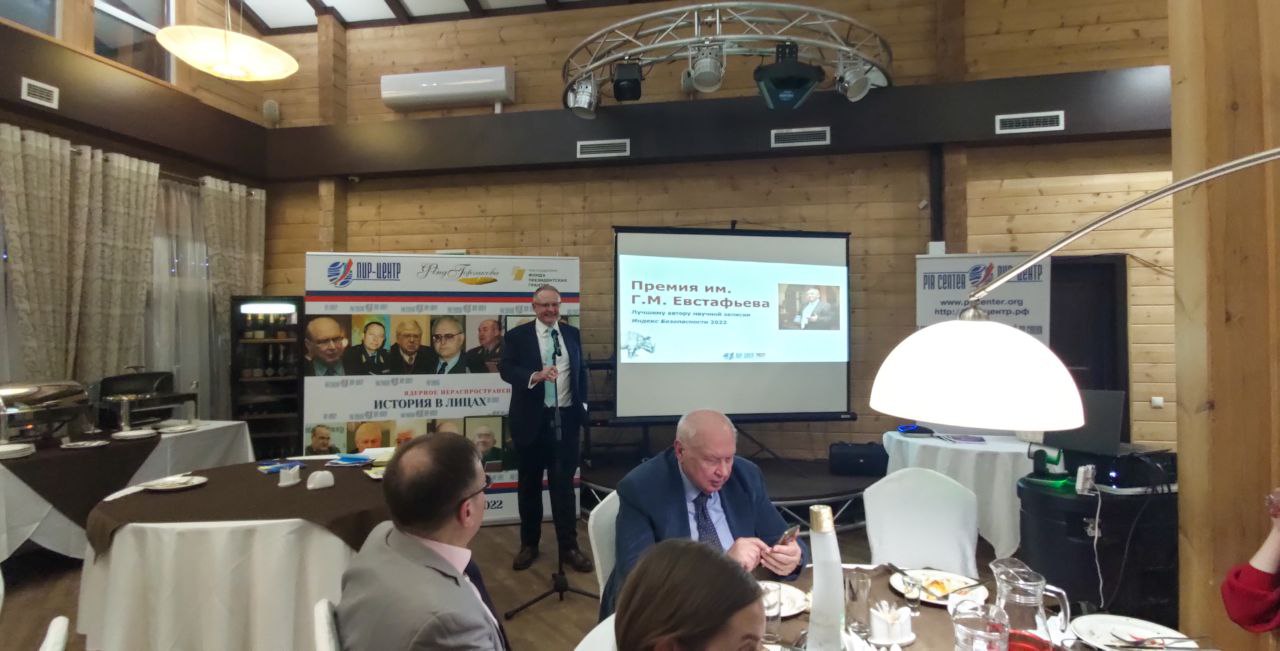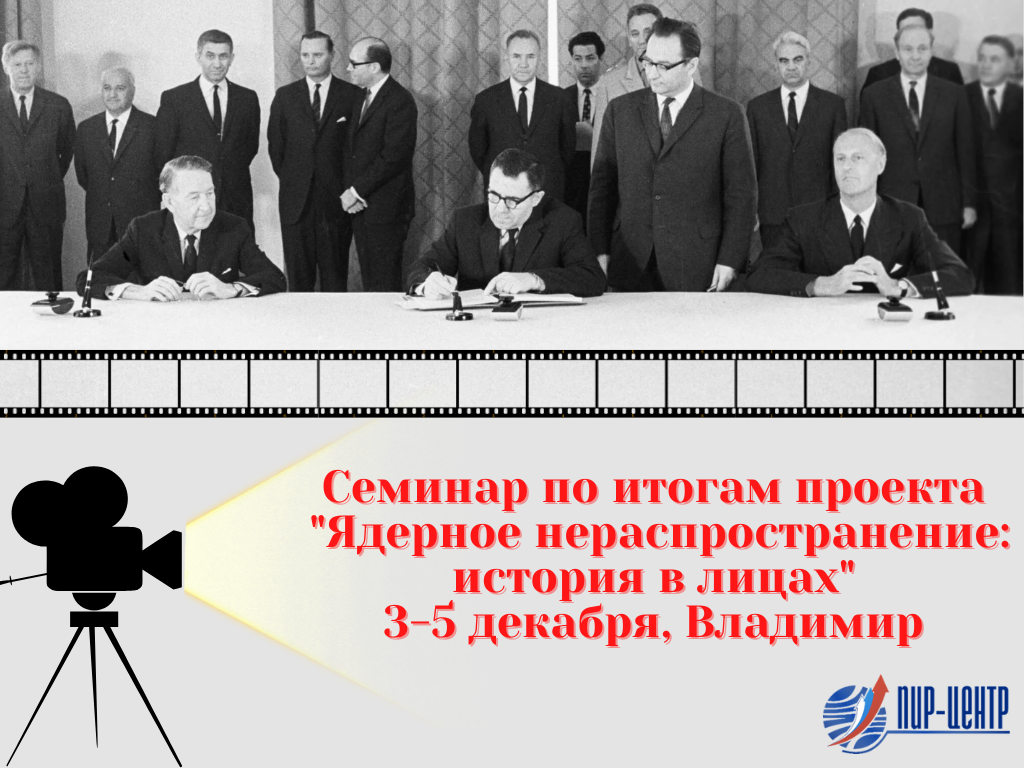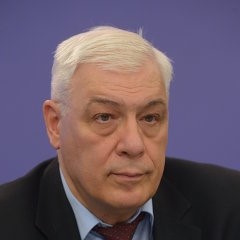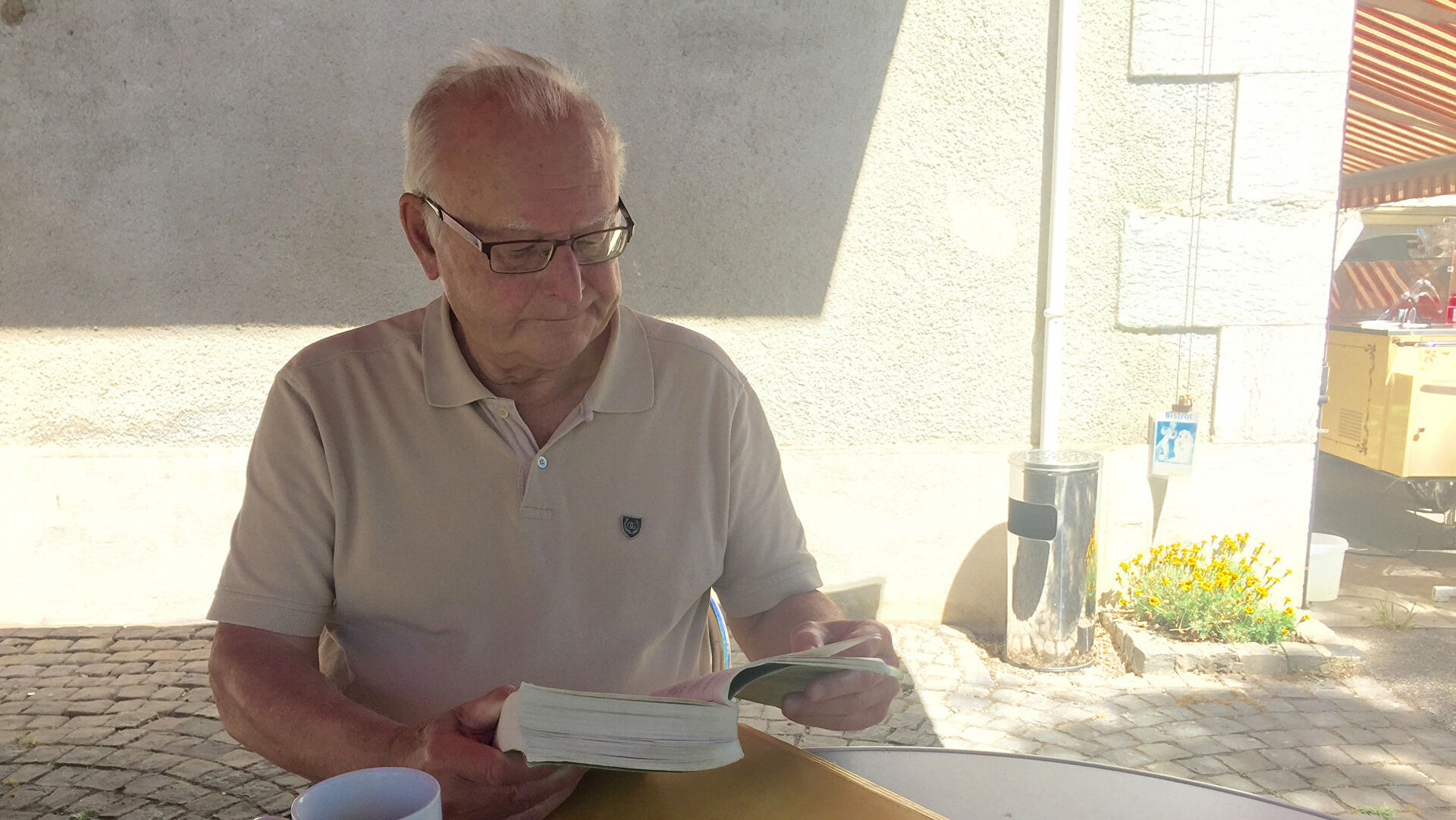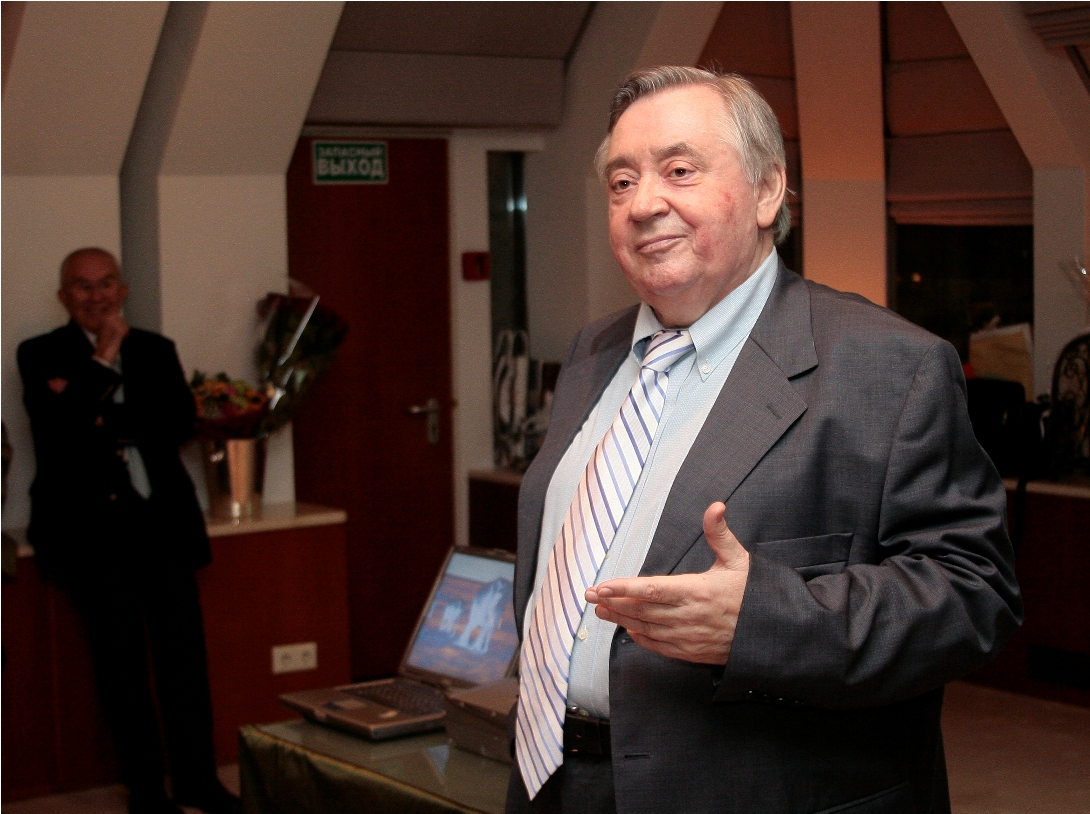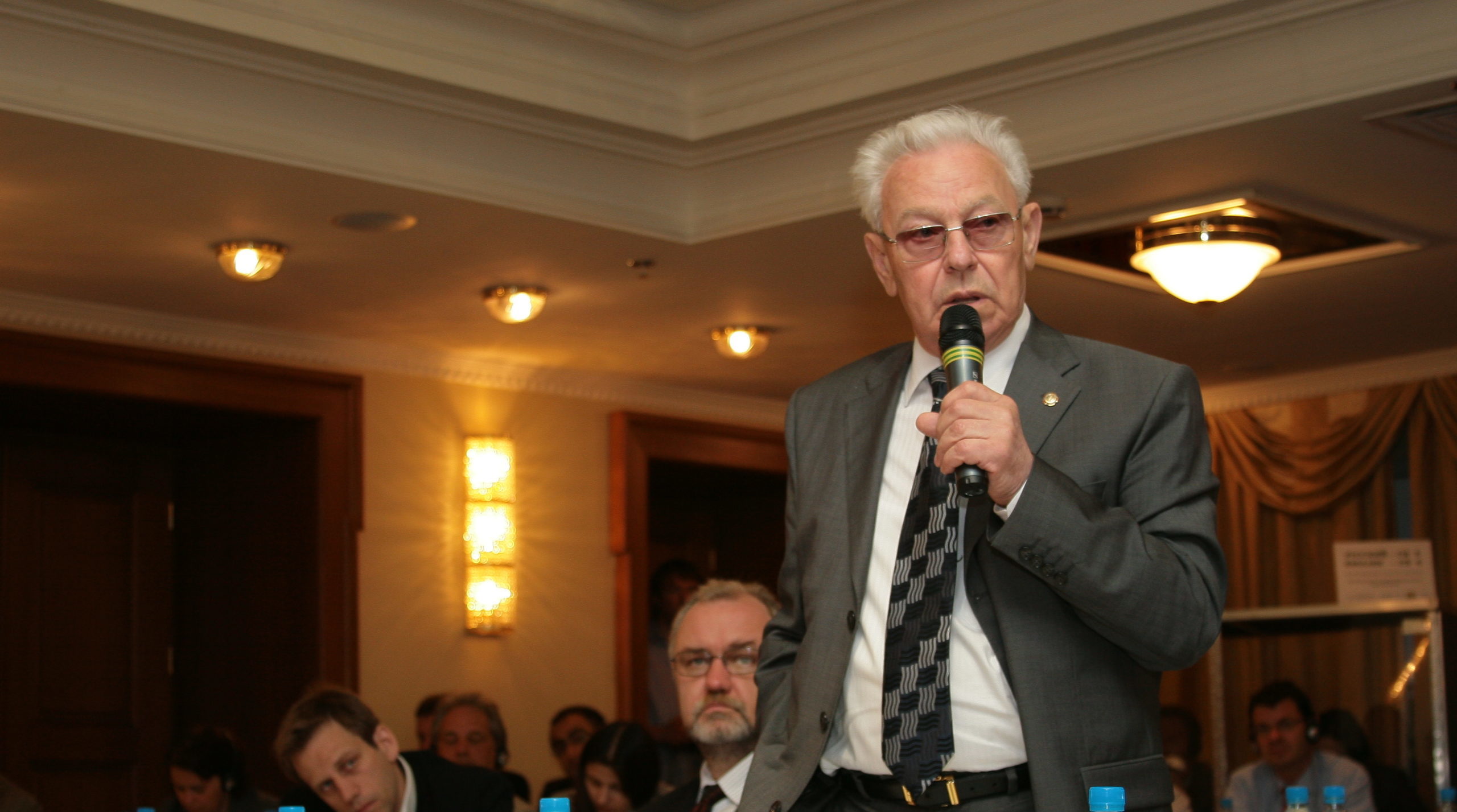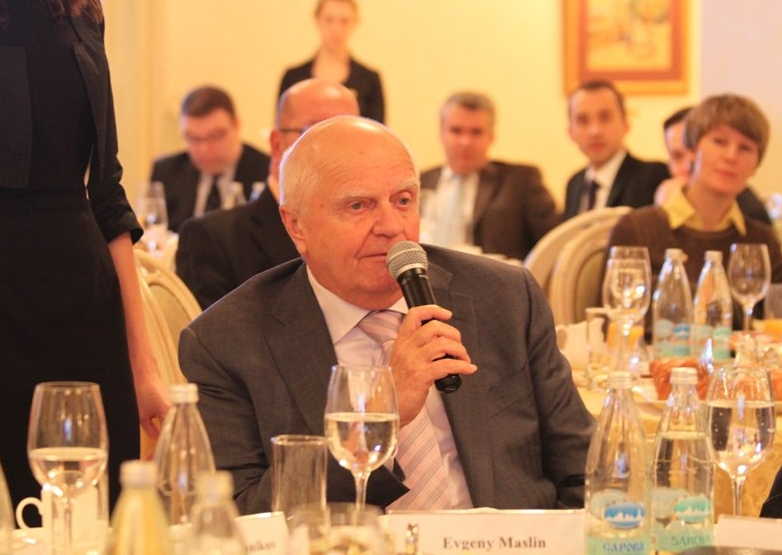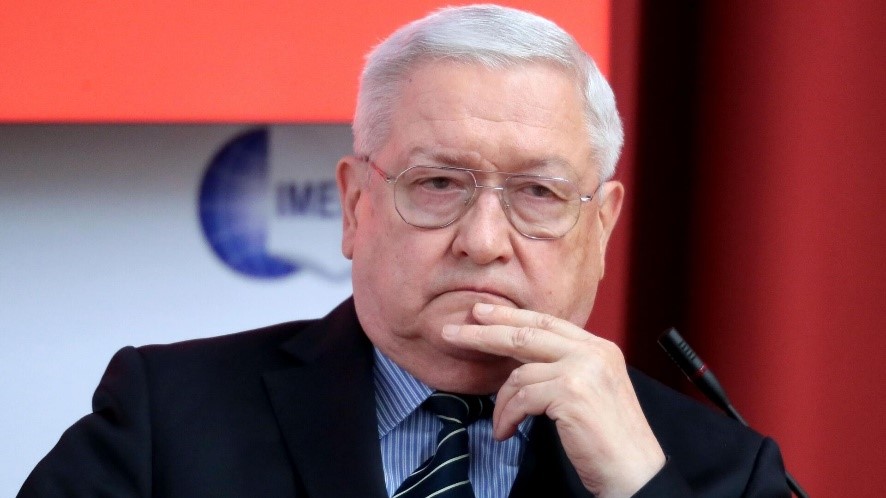Since the advent of the atomic bomb, the USSR and then Russia have assumed special responsibility for the creation and maintenance of the nuclear nonproliferation regime.
This responsibility fell on the shoulders of Soviet and then Russian diplomats, military and nuclear scientists, who stubbornly and consistently solved the difficult and often contradictory task of reducing the nuclear threat while maintaining the security of their own country.
Their work is a matter of pride for many generations of Russians, an example of professionalism for novice international specialists. Much of what they could share can “not be put on paper”, which means that sooner or later it will be lost. Therefore, one of the main goals of the project is to preserve the memory on the roles of Soviet and Russian specialists in the field of nonproliferation and arms control as a national legacy.
The project also has a more pragmatic goal – dispelling myths and creating a more correct idea of the role of Russia and the USSR in the creation and preservation of the nonproliferation and arms control regimes.
Traditionally, diplomacy in the field of nuclear nonproliferation and arms control is considered one of the most closed topics for the public. And although there are a number of objective reasons for this, one cannot but admit that over time, the history of negotiations in the field of nonproliferation and arms control, as in many other areas, inevitably becomes overgrown with myths, guesses, unprofessional interpretations, and sometimes outright attempts to discredit Russia or the USSR in the international arena. The surest way to refute or at least question the existing “hypotheses” is to turn to those who stood at the origins of the negotiations and whose memories are a thousand times more valuable than “sensational” investigations and pseudo–expert opinions.
A number of interviews have been translated into English, which should allow a foreign listener to get acquainted with the Russian point of view on the widest range of issues in the history of the nonproliferation and arms control.
The project was implemented in 2022 and 2023 with the support of the Presidential Grants Foundation and Gorchakov Fund. The project continues to be updated with materials on a wide range of issues in the field of nonproliferation and arms control.
The work on the project is carried out in four main directions:
Organization of scientific and practical events (seminars, conferences) on historical topics with the participation of Russian and foreign diplomats, military and researchers.
Conducting interviews with Russian veterans of the military, diplomatic service, honored workers in the field of nuclear energy who have made a significant contribution to the preparation of agreements in the field of nuclear nonproliferation, arms control and disarmament; A full list of interviews within the project is available via the link.
Preparation for the publication of selected works of the Ambassador Extraordinary and Plenipotentiary of the USSR and then Russia Roland M. Timerbaev (1927-2019) and Lieutenant General Gennady M. Evstafiev (19338–2013)
Maintaining Galleries of Memory of Soviet and Russian diplomats and military.
Detailed information about the directions of the project «Oral History of Nuclear Nonproliferation: Voices from Russia»
Feedbacks about the project:
The work done within the project is impressive. The list of experts interviewed within the framework of the project could adorn more than one academic publication. Congratulations to the PIR Center on the successful implementation of this unique and socially significant project
Viktor Litovkin
TASS military observer
Speaking of history, we often recall something that happened long time ago. And what happened ten, twenty, thirty years ago we consider unworthy of study – they say, it’s too early yet. As a result, those who were born in the late 1990s and 2000s draw scant information from textbooks about the foreign policy of the late twentieth century, without really thinking about the facts, trends or even emotions of people who made decisions. That is why PIR Center’s project is so important. It gives an opportunity to touch the memories of eyewitnesses of those events, to understand the real driving forces behind the formation of the nuclear nonproliferation regime – not abstract considerations of high politics and theory of international relations, but the feelings and thoughts of people who created history. It is very important to have time to do this while they are alive, and not to let the legacy of those who are no longer with us, but who saved humanity from nuclear war, disappear. And I also like the informal approach in this project – the desire not only to show academic rigor, but also to convey complex material to a wide, primarily youth audience in a simple, understandable language.
Dmitry Polikanov
Deputy Head, «Rossotrudnichestvo»
Russia has always played and continues to play an important role in international efforts against the proliferation of WMD. At the same time, these efforts are not always objectively evaluated by Western partners. Interviews within the project “Oral History of Nuclear Nonproliferation ” provide an opportunity to tell about the principles, prerequisites, arguments underlying the Russian official position on key nonproliferation issues.
Sergey Antipov
Deputy Director for Strategic Planning and Project Management in the Field of Radiation Safety, IBRAE RAS
The project “Nuclear Nonproliferation: History in faces” is very important and timely. The average person knows quite a bit about the history of nuclear nonproliferation and disarmament. At the same time, today this topic is becoming particularly relevant and often only accusations and speculation can be heard against Russia. Meanwhile, our country, our military, diplomats and nuclear scientists have done a lot to reduce the level of nuclear threat in the world. The project provides an opportunity to learn about this “firsthand” and is accessible to even an unprepared audience.
Vladimir Rudakov
editor-in-chief of “the Historian” Journal
“Oral History of Nuclear Nonproliferation Project” is a very high-quality and modern scientific and educational product. The opportunity to communicate with the patriarchs of nuclear nonproliferation is truly unique and, unfortunately, short-lived. It’s great that colleagues from PIR Center understand the importance of preserving and transmitting historical memory here and now and do it with the help of modern tools.
Svetlana Savransksya
Senior Researcher at the National Security Archive at George Washington University
I just wanted to write a quick note expressing my effusive thanks for this Project. This is a major contribution and will benefit countless scholars. Given that the nuclear order is coming apart and it’s increasingly difficult to do research in Russia, this kind of material is invaluable.
Joseph Torigian
Assistant Professor at the School of International Service, American University in Washington, DC
It is fortunate that it was possible to make the interviews while the Russian/former Soviet diplomats are still alive.
The interviews will provide useful information for researchers and senior graduate students in the future. Perhaps it will be possible for the interviewers in Moscow to also locate Russian diplomats who can speak about Russia’s approach to the other two weapons of mass destruction that Russia maintained stockpiles of: chemical weapons and biological weapons.
Milton Leitenberg
University of Maryland, School of Public Affairs, Center for International and Security Studies
For questions related to the project you can contact Alexandra Zubenko, Junior Research Fellow of the Russia and Nuclear Nonproliferation Program at +7 (909) 759-65-66 or by e-mail zubenko@pircenter.org.




